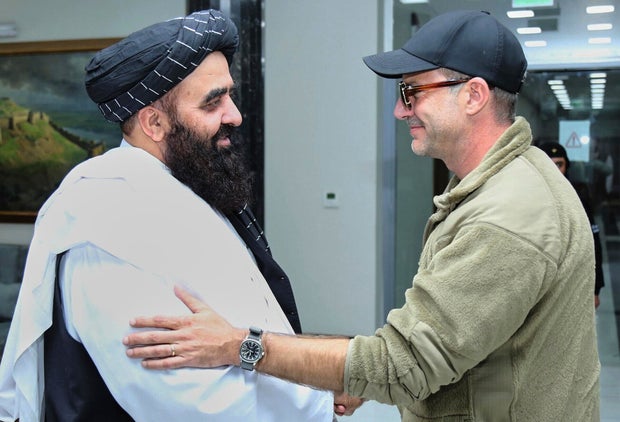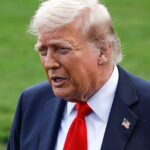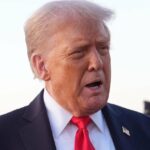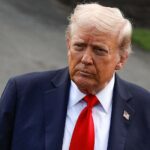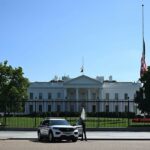In a significant development this Saturday, the Taliban announced that they have reached a preliminary agreement with U.S. negotiators concerning a prisoner exchange, marking a potentially pivotal moment in the efforts to normalize diplomatic relations between the United States and Afghanistan.
The details surrounding the specifics of the prisoner swap were not disclosed by the Taliban’s representatives, and there was no immediate confirmation or additional comments from the White House concerning the discussions that took place in Kabul. The absence of clear details continues to shroud the exact nature and scope of the agreement in mystery, particularly regarding the identities, number, and conditions of the detainees involved on both sides.
During the negotiations, the Taliban shared images showing key figures from both parties at the discussion table. Notably present was Amir Khan Muttaqi, the Taliban’s acting foreign minister. He was photographed with Adam Boehler, President Trump’s special envoy for Hostage Affairs, alongside Zalmay Khalilzad, who previously held the role of U.S. special envoy for Afghan peace under the first Trump administration. These images were released by the Taliban Foreign Ministry Press Service, capturing a rare moment of direct engagement between the U.S. and the Taliban leadership.
The Taliban’s official statement following the meeting indicated that both parties had agreed to “undertake an exchange of detainees,” as confirmed during the talks by Boehler. However, further particulars about the detainees—such as their numbers, identities, and the circumstances of their detention—were not provided, leaving gaps in the public’s understanding of the agreements reached.
The backdrop to these discussions included several notable events concerning U.S. and Taliban interactions. Previously in March, the Taliban had unilaterally released George Glezmann, an American citizen who had been abducted while touring Afghanistan. Glezmann’s release, described by the Taliban as a goodwill gesture, marked him as the third American detainee freed since President Trump took office. Following closely, Faye Hall, another American, was released after being detained on allegations related to unauthorized drone usage.
Secretary of State Marco Rubio, speaking to reporters in Tel Aviv, acknowledged the ongoing dialogues with the Taliban but stopped short of confirming specifics regarding any agreements. “Boehler went there to explore what’s possible,” Rubio stated, emphasizing that any decisions regarding exchanges or trades would ultimately be made by President Trump. He reasserted the U.S. commitment to securing the release of any Americans or other individuals unlawfully detained.
These talks occur amid strained relations exacerbated by new U.S. policies, including a controversial travel ban imposed by President Trump that bars Afghans from entering the United States—a move sharply criticized by the Taliban.
During the discussions, the Taliban highlighted their focus on broadening bilateral relations, addressing citizen-related issues, and exploring investment opportunities in Afghanistan. They also noted that the dialogue covered a range of topics significant to both nations.
Adding a layer of humanitarian concern to the diplomatic interactions, the U.S. delegation expressed their condolences for the tragic losses caused by a devastating earthquake in eastern Afghanistan the previous month, an event reported to have claimed the lives of at least 2,200 individuals.
As this complex web of diplomatic and humanitarian considerations continues to unfold, the international community watches closely. The outcomes of these talks—and particularly the specifics of the agreed-upon prisoner exchange—could signal significant shifts in U.S.-Taliban relations and broader geopolitical alignments in the region. The stake is high not only for the direct actors involved but also for the ordinary citizens whose lives are impacted by these high-level decisions. The situation remains dynamic, with potential for progressive engagement or, alternatively, deeper entrenchments of existing divides.

